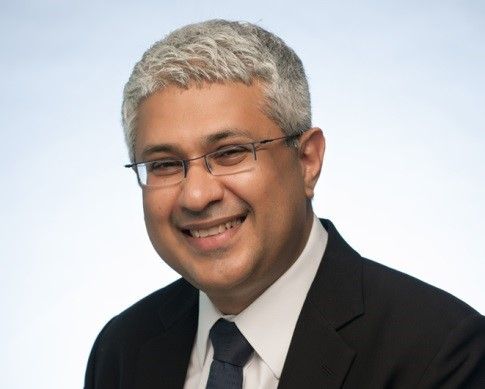PRESIDENT'S MESSAGE
September 2019

7 August 2019 will be a day etched in the memories of the Singapore legal community for years to come. The Singapore Mediation Convention progressed from a dream to a reality. 46 countries signed the Convention in Singapore on this historic day. Credit must go to all involved, particularly the Ministry of Law. I had the privilege of serving as a host to delegates and they were full of praise for Singapore.
Singapore now has a tripartite solution for international disputes. International Arbitration, International Mediation and International Litigation (through the SICC). End users have the benefit of choice and flexibility to utilise the most appropriate dispute resolution mechanism. Any “competition” between the tripartite offering can only be a good thing as standards and processes are constantly improved. Singapore has adopted a transnational approach for the various rules and processes, wherein best practices from both civil and common law traditions are reflected.
At the opening of Maxwell Suites on 8 August 2019, Minister of Law, K Shanmugam said that his Ministry would be reviewing whether conditional fee arrangements should be allowed. This is a welcome move that will enhance Singapore’s status as one of the Premier international arbitration destinations in the world. It will give multinational corporations an added option as regards fee arrangements so as to better manage risks allocation and access to justice. It will also benefit Singapore Lawyers who would be otherwise handicapped in the international arbitration arena by being unable to offer clients a conditional fee arrangement that is permitted in other leading arbitral seats such as London and Paris.
Some may wonder why conditional fee agreements are necessary since third party funding (TPF) is already allowed for international arbitration. A TPF arrangement is purely between two independent commercial entities. A TPF provides funding for the legal costs in exchange for a share in the damages that may be awarded. Such arrangements should not be undertaken by lawyers as they may run afoul of ethical issues relating to champerty or overcharging. It bears noting that the area for consideration by the Ministry of Law is conditional fee agreements as opposed to contingency fee arrangements. The latter would allow lawyers to take a share of the damages, hence raising ethical concerns. Conditional fee arrangements permit the lawyer to recover fees based on usual hourly rates plus an uplift or success fee only in the event they win. In Australia, the uplift is capped at 25%.
I am looking forward to our Annual Symposium at the iconic Old Parliament House on 26 November 2019 and our Annual Dinner on 27 November 2019. I hope to see you there.
President,
SIArb 2017-2019